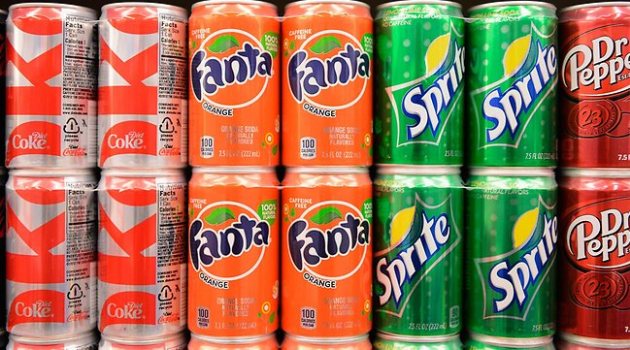
KRA says the move will improv tax collection as well as enhance safety standards by deterring counterfeits/AFP
NAIROBI, Kenya, Feb 15 – Any importers, retailers and customers of water, juices and non-alcoholic drinks as from next month risk facing prosecution if found selling and buying products with no tax stamp imported after 13 November 2019.
This is after the Kenya Revenue Authority Commissioner for Domestic Taxes, Elizabeth Meyo issued a statement saying all bottled water, juices, energy drinks, and non-alcoholic beverages have until 29th February to be affixed with excise stamps for the products to be allowed in the market.
“The public is notified that any products manufactured or imported on or after 13th November 2019 found not bearing an excise stamp before 13th November 2019 and found in the market after 29th February 2020 not bearing an Excise Stamp; shall be seized and offenders prosecuted,” reads the statement.
The move is aimed at improving tax collections as well as enhancing safety standards by deterring counterfeits in the country.
“This is line with Section 28 of the Excise Duty Act 2015 and Legal Notice 53 of 30th March 2017 on Excisable Goods Management System Regulations where only licensed manufacturers and licensed importers of excisable goods can obtain excise stamps,” Meyo added.
An updated list of manufacturers and importers licensed or registered under section 15 of the Excise Duty Act 2015 will be updated on the KRA website,
KRA further urged the traders to ensure that any remaining stock under the stated deadline will be affixed with excise stamps.
The distributors and retailers will also be required to offer for sale goods on a First In, First Out basis to ensure exhaustion of these stocks where manufacturers and importers shall only deliver stamped products for resale or consumption
The move is aimed at improving tax collections as well as enhancing safety standards by deterring counterfeits in the country.
The tax collector is working towards implementing the second phase of EGMS to increase tax from Sh700 million to Sh5.6 billion.
It targets to collect Sh4 billion more during the second phase of executing EGMS.


































